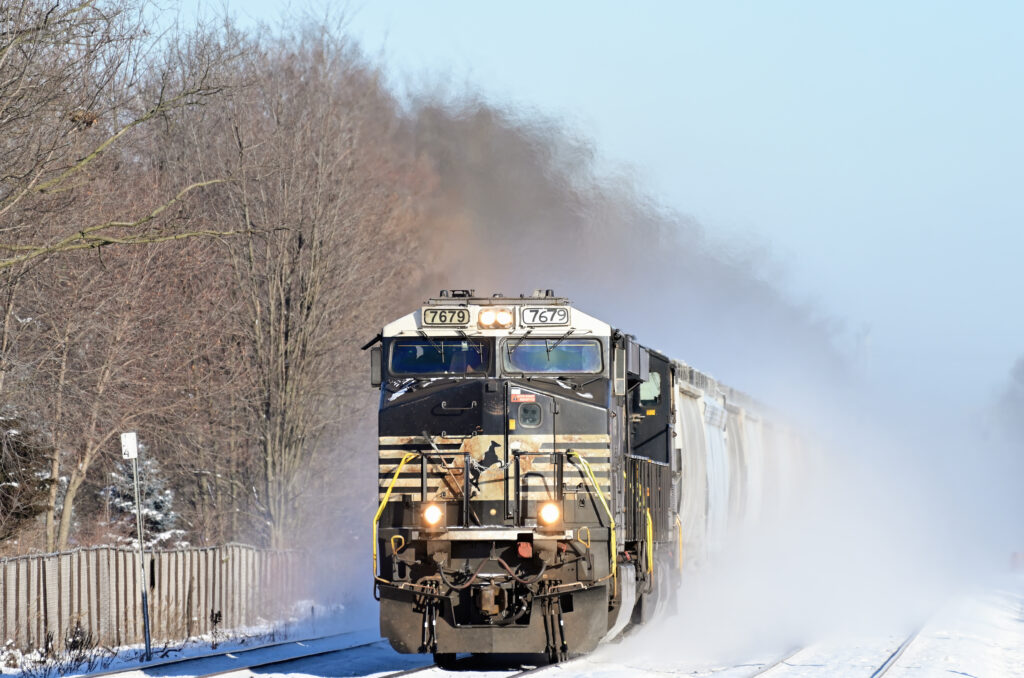
In the heart of Ohio, a Norfolk Southern train derailed, flames licking the night sky. But this disaster wasn’t just about twisted metal and toxic smoke—it was a wake-up call for the entire railroad industry. Behind the scenes, a pattern emerged: railroads retaliating against workers who dared to report safety violations or injuries.
The Lone Voice: Richard Singleton’s Battle
A former railroad employee, Richard Singleton, stood as a beacon of courage, a thorn in Norfolk Southern's side. His 'crime '? Reporting too many flaws in rail cars during inspections. For years, he endured harassment from managers who wanted him to be silent. But Singleton persisted, even after his job changed following an injury report. His lawsuit against Norfolk Southern shed light on a dark truth: safety concerns are met with hostility. His unwavering determination inspires us all.
The Toxic Blaze: East Palestine’s Nightmare
As flames consumed the derailed train, residents near East Palestine, Ohio, held their breath. Toxic smoke billowed, and fears of health effects loomed. Singleton’s settlement brought relief, but it couldn’t erase the trauma. The accident became a symbol—a rallying cry for railroad safety reform.
An Industry-Wide Battle: Whistleblowers Unite
Singleton’s case was not an isolated incident. Lawyers and unions representing rail workers uncovered a disturbing pattern: retaliation against those who dared to speak up. The Norfolk Southern derailment served as a stark reminder, igniting nationwide fears and underscoring the urgent need for safety reforms. Rail workers should not have to choose between their safety and their jobs.
Anonymous Hotline: A Step Forward
Enter BNSF, the second central freight railroad to take a stand. A beacon of hope emerged in the form of an anonymous federal safety hotline—a lifeline for employees. No more whispers in the shadows, no more threats of discipline. This initiative, championed by Transportation Secretary Pete Buttigieg, is a step in the right direction, urging railroads to prioritize safety and protect their workers.
The Long Road Ahead: A Safer Future
Railroads must reckon with their past. Fear of retribution has silenced too many whistleblowers. Norfolk Southern’s limited program and internal hotlines fall short. The industry must stand together, united in the mission to ensure that every rail worker feels safe—on and off. It's a collective responsibility we all share.
This article isn’t just about trains and tracks; it’s about people—the unsung heroes who keep the rails safe. As we navigate this journey, remember Richard Singleton and the countless others who dared to speak up. Their voices echo through the steel, demanding change and safety.
I worked for NS for 13 years 11 months 20 days. I had a saying when I worked there. It was "Safety is not an issue until someone gets hurt" The GA division of NS was unbelievable. People's lives were like chess pawns. Management did not care about the rules until someone had a reportable injury. The rules were then used to hold the employee at fault so the company did not have to pay or pay as little as possible.
The length of trains and weight are a huge problem. We recently had a derailment due to bridge fracture that from what I know had been known about for while but swept under the rug. Nearly cost 2 men their lives and entire city could
Have been in huge trouble due to number of hazmat cars on train. The rail and rules of before are not set up for length and weight of our trains today.